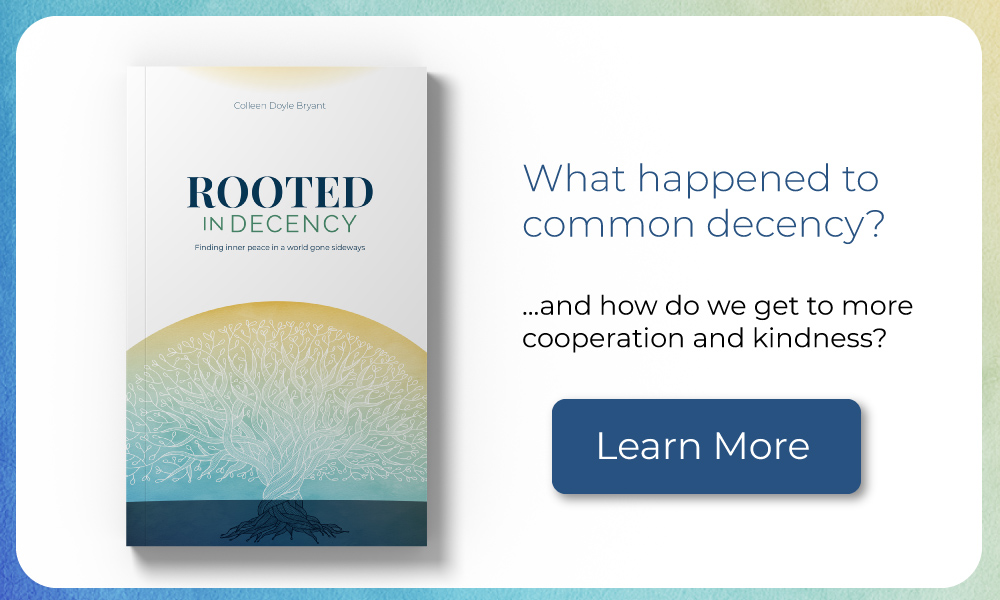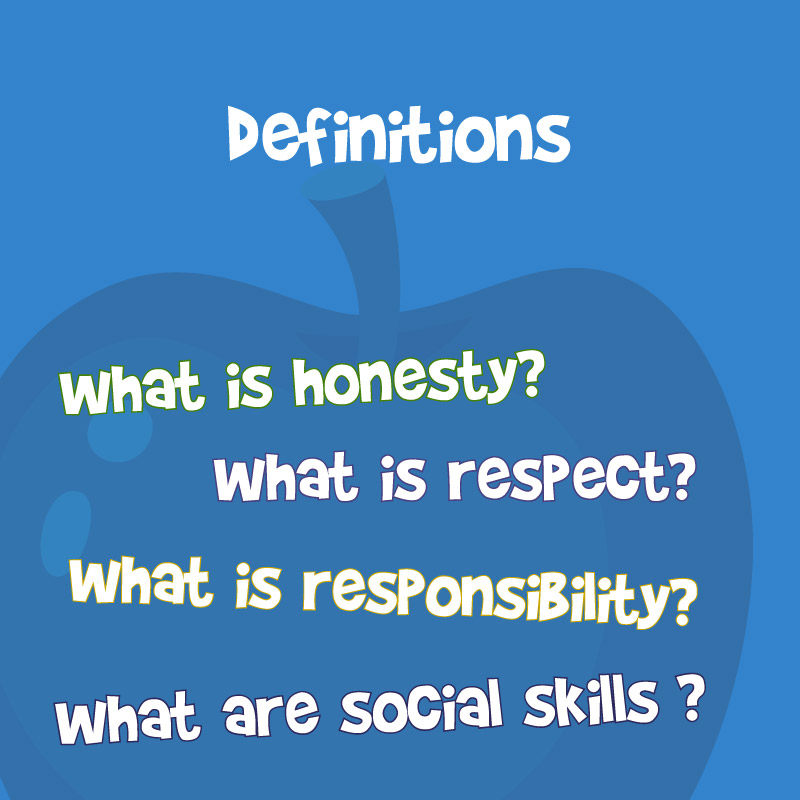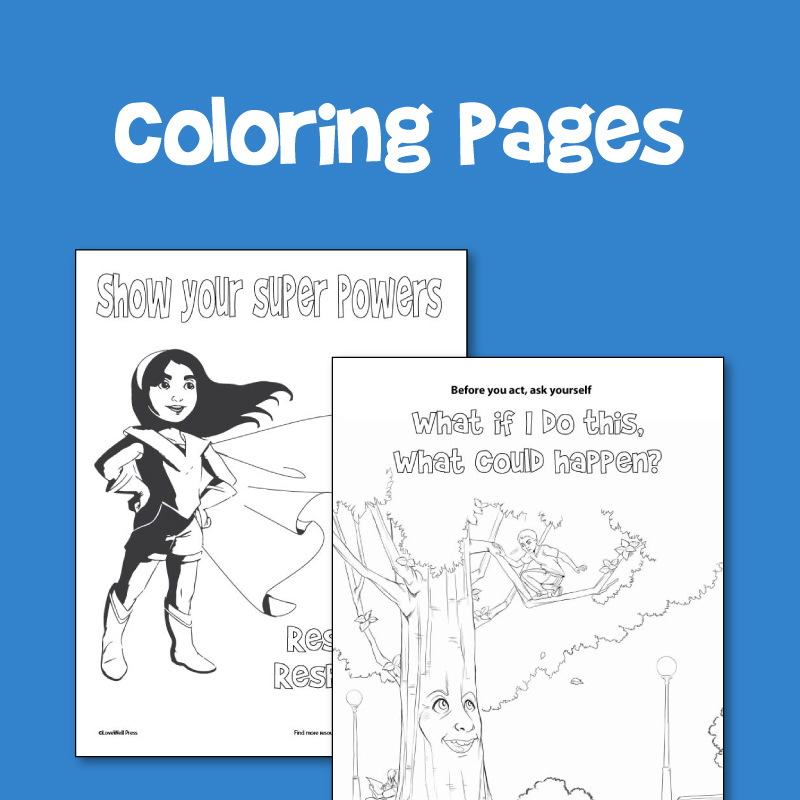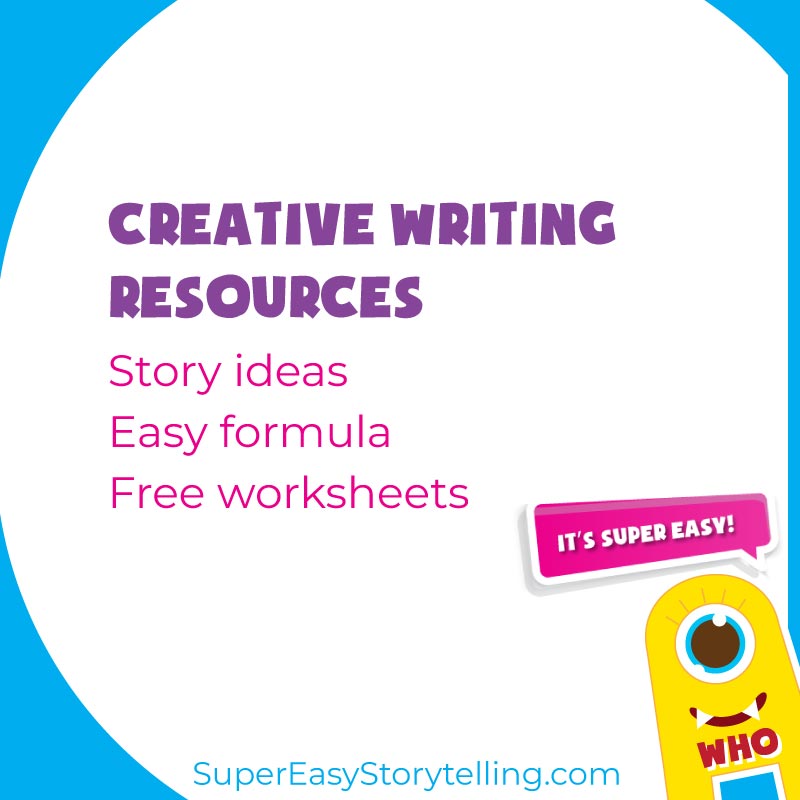4 Ways Kids Avoid Taking Responsibility- and What to do About it
SEL Techniques
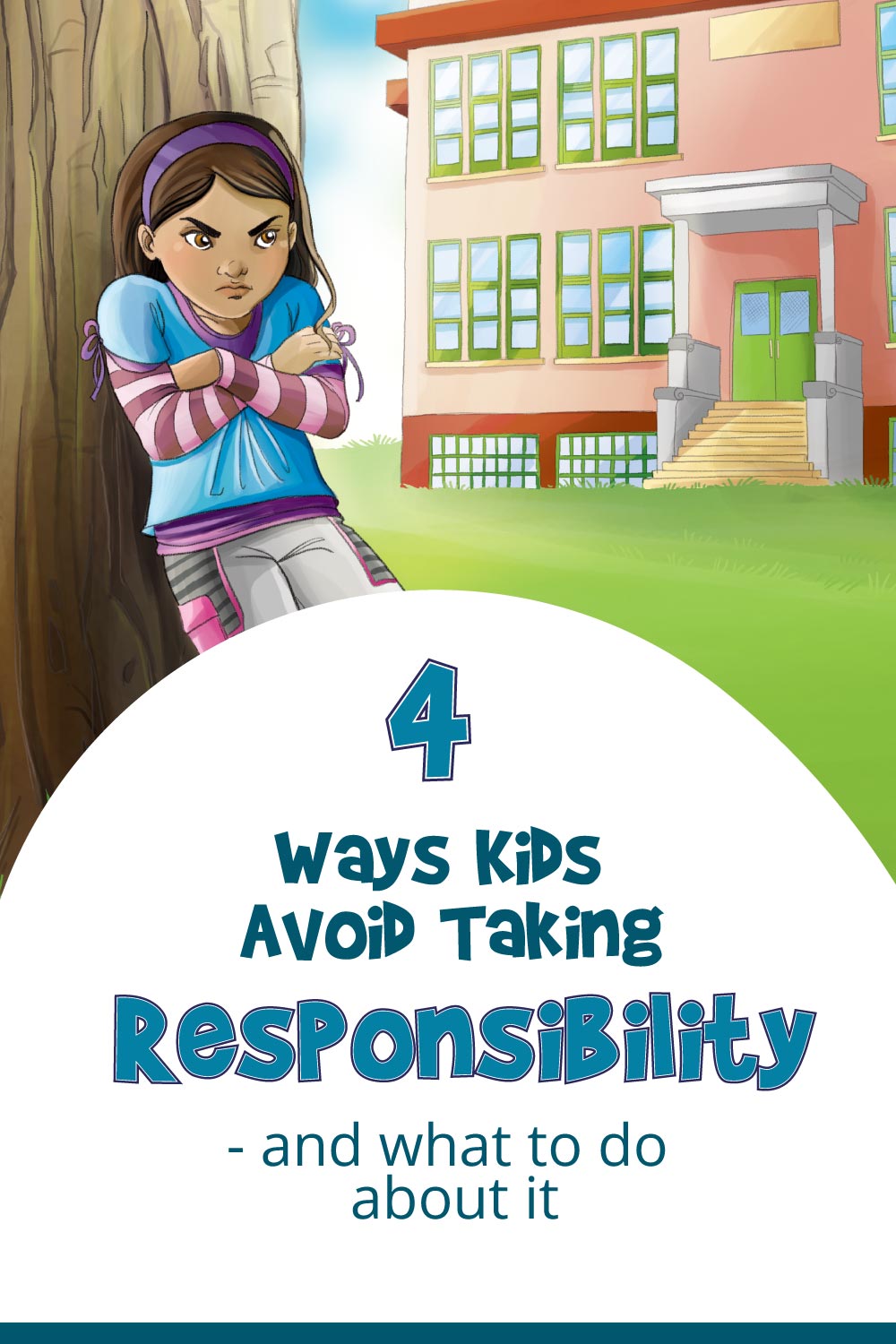
When a child makes a bad choice, how often do you hear, “Yes, I did it. I’m sorry. I see why that was not a good choice. I won’t do it again.” Hearing such a mature acceptance of accountability from a child would be a shocker. More often, as they learn how to be good, responsible humans, we hear children use these four common methods of avoiding responsibility: Deflecting, Wallowing, Dramatizing, or Minimizing. When you’re the adult on the other end of these ways kids avoid taking responsibility, it can feel pretty unpleasant. But, once you know how to recognize these common reactions, you can address the real heart of the issue and turn it into a teaching moment. Read on to see how to identify—and address—these common ways kids avoid taking responsibility. (Also try this quick definition and examples of What is Responsibility for kids.)
1. Deflecting Attention
One of the most common ways kids try to avoid taking responsibility is by distracting you with some other concern. For example, they may try to get you to focus on someone else's mistake instead of their own. (“But look what he did!”) Or sometimes children will try to turn attention on the grown-up, and they'll accuse you of something that will get you focused on defending yourself instead of paying attention to what they did. Children aren’t necessarily being intentionally manipulative, but they are using self-preservation defenses to avoid having to face their own responsibility in that moment. To help them look honestly at their own actions so they can learn and grow to make a better choice next time, it’s important to keep the attention where it’s needed—on their actions in the moment.
Examples of Deflecting Attention
Child: *Caught in the act. Points at friend.*
"Well he did this other bad thing!"
Child: *Caught in the act. Points at mom.*
"Well you did something to me yesterday that I think you should feel bad about!"
How to Address Deflecting
Remember that the child is trying to distract attention from their responsibility. Instead, keep the focus on the child and their actions. You might say: "We’re not talking about him/her/me right now. We’re talking about you. This is a choice you made, and so you need to take responsibility for the consequences. It’s ok to make mistakes. But you don’t want to make the same one twice, right? Let’s look at what we can learn from this situation."
2. Wallowing in Self-pity
Another common way kids avoid taking responsibility is by turning the moment into a pity party. They focus on how bad they feel, which makes their grown-ups feel bad too—and it can turn your focus toward helping them feel better rather than making them take responsibility for the mistake. It's reasonable to feel upset when you face a mistake. That bad feeling is remorse and it's an emotion that will help the child remember not to make the same mistake next time. We can help the child realize that the negative feeling they are having is temporary; that it's there to help us learn to act differently; and that once we learn the lesson, we can let the bad feeling go.
Example of Wallowing in Self-Pity
Child: *Caught in the act. Starts crying or otherwise looking pitiful*
"I hate myself. I never do anything right."
How to Address Wallowing
While we want to reassure the child and address their emotions, we need to help them put their emotions into perspective. You might say: "This is just one moment and it's just one thing. Let's avoid "always" and "never" statements. Right now, in this moment, you're learning something so you can grow from it. Everyone makes mistakes and we may feel bad about it for a little while. But once we face what we've done and see what we should do differently next time, we can move on from feeling bad. So let's figure out what happened and what you could do differently.
3. Dramatizing
This way of avoiding taking responsibility is similar to deflecting, but it's a lot more emotionally charged. Facing consequences can be pretty uncomfortable and a child’s self-preservation instincts are likely to kick in to high gear when they think they’re going to get into trouble. For some children, that means turning the intensity of the feelings of guilt or remorse into some drama that can redirect the issue away from their own responsibility. For the adult on the receiving end of the drama, it’s not that fun; but it’s a little easier to take when we realize why the child is reacting with such intensity. It’s often about the child processing— or avoiding—some honest self-reflection. The important thing we can do as adults is to help children learn to process the guilt, shame, and remorse that is there to help them learn to make better choices. Learning what these emotions are trying to teach us, and then moving on, is a healthy part of learning to be a responsible person who makes choices they can live with.
Example of Using Drama to Distract
Child: *Caught in the act. Starts yelling, eye rolling, putting on a dramatic show of their angst.*
"You so don’t get me. You are always picking on me. You just don’t understand."
How to Address Dramatizing
To address dramatizing, we need to acknowledge that we’ve heard the child, but we don’t need to let the drama pull us off topic. You might say: "I hear what you are saying. If you want to talk about that issue after this one, I’m happy to do it. Right now, we’re going to talk about this situation. Once you take responsibility for your part in it, and learn how to do it differently next time, we can move on to other topics."
4. Minimizing the Wrong and Trying to Gain Control
This last method of avoiding responsibility is two-fold. First, the child is trying to make the mistake seem smaller, like you’re making a big deal out of nothing. Second, they are trying to take control, or gain more power in the situation. The key here is to avoid the power plays and stick to the real lesson you want the child to learn.
Examples of Minimizing
Child: *Caught in the act. Takes on dismissive posture and tries to end the conversation.*
"Why are you making such a big deal of this? Ok. I get it. Can you please stop talking now?"
How to Address Minimizing
In the face of the child’s disrespect, it’s tempting to take the bait and turn toward addressing the sass. Instead, calmly establish that you are bigger than that, and you aren’t going to be distracted until they’ve made it clear that they understand their mistake. You might say: “I will stop talking when I know you’ve understood what I’ve been saying. Please tell me (respectfully) why I think this is a big deal and what you are going to do next time, and I’ll gladly let it go.”
Teaching chidlren to grow up with responsibility takes time, patience, and consistency. It's not necessarily easy for them, and it's sometimes tough on their adults. But hopefully, by being aware of these four ways kids avoid taking responsibility, we adults can see that learning to honestly face our actions and consequences is an emotional process. We can have compassion for the tough business they're going through to grow up to be good people, and we can support our kids with a firm resolve that helps them see they are capable of facing challenges and growing from them.
More Resources on Responsibility
- Responsibility Teaching Resources- Explore free teaching resources, like worksheets, presentations, posters and more lessons in responsibility.
Colleen Doyle Bryant
Colleen Doyle Bryant is the author of five books and more than 50 learning resources about making good choices for the right reasons. Her Talking with Trees series for elementary students and Truth Be Told Quotes series for teens are used in curricula around the world. Rooted in Decency, Colleen’s most recent release, written for an adult audience, explores how the decline in common decency is affecting wellbeing, and how we can build more trust and cooperation. Learn more at ColleenDoyleBryant.com

